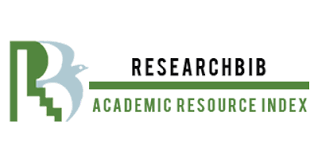WAYS TO IMPROVE STUDENTS' KNOWLEDGE AND SKILLS ABOUT FRACTIONS AND FRACTIONS
Keywords:
Fractions education, conceptual understanding, hands-on learning, real-world applications, technology integration, differentiated instruction, formative assessment.Abstract
This article examines effective strategies for improving students' knowledge and skills in fractions. Emphasizing conceptual understanding, hands-on activities, real-world applications, technology integration, differentiated instruction, and effective assessment, it highlights various approaches to enhance learning. By building a strong foundational understanding and encouraging a growth mindset, teachers can create a supportive environment that fosters a deep comprehension of fractions. These methodologies aim to prepare students for more advanced mathematical concepts and promote long-term success in mathematics education.
References
Clarke, D. M., Roche, A., & Mitchell, A. (2008). Ten practical tips for making fractions come alive and make sense. Mathematics Teaching in the Middle School, 13(7), 372-380.
Lamon, S. J. (2012). Teaching fractions and ratios for understanding: Essential content knowledge and instructional strategies for teachers. Routledge.
Watanabe, T. (2006). The teaching and learning of fractions: A Japanese perspective. Teaching Children Mathematics, 12(7), 394-398.







